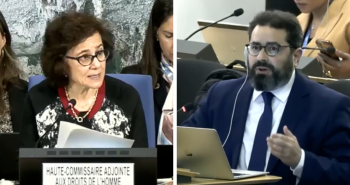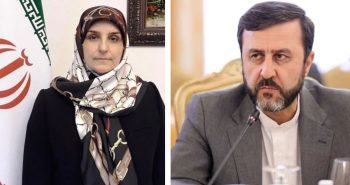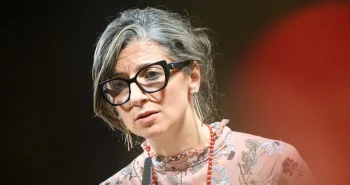The Human Rights Committee opened its latest session in Geneva this week. The Committee has an important task ahead, yet it faces institutional problems common to all treaty bodies.
Analysis: The UN’s six human rights treaty bodies monitor State compliance with international human rights conventions. Reporting requirements ensure that governments are held accountable for the condition of human rights at home. This review process also allows States to engage in a dialogue with international experts, the aim of which is to find solutions to the problems addressed in the reports.
Unfortunately, this process is not as effective as it could be. Overdue reports have become an increasingly severe problem.
Right now, over 1,200 State reports are overdue. The Human Rights Committee alone has 143 reports outstanding. These numbers indicate that States are flouting their responsibilities, weakening the system, and ultimately only hurting themselves.
Ironically, the Chairpersons of the human rights treaty bodies recently pointed out that “the treaty system functions…only because a large number of reports are overdue. If all reports were to be submitted on time, the present working capacities of the treaty bodies would be quickly overwhelmed.”
The Chairpersons of several treaty bodies have proposed a plan of action for strengthening their committees. Among their suggestions are helping States write better reports; sharing more information between committees; and coordinating follow-up to treaty body recommendations.
For treaty bodies to be effective tools in the protection of human rights they must adopt creative new working methods that will improve their efficiency, supported with sufficient resources by the UN system.
Just as importantly, State signatories must fulfill their duty to report. With some reports almost a decade late, the committees are denied their tool of moral suasion.
The Chairpersons’ plan is an important step in improving the system, and we hope that States and the UN system will do their part as well. After all, Dr. Eckart Klein, a distinguished German expert on the Human Rights Committee, was correct when he said, “Human rights makes States stronger, not weaker.”





